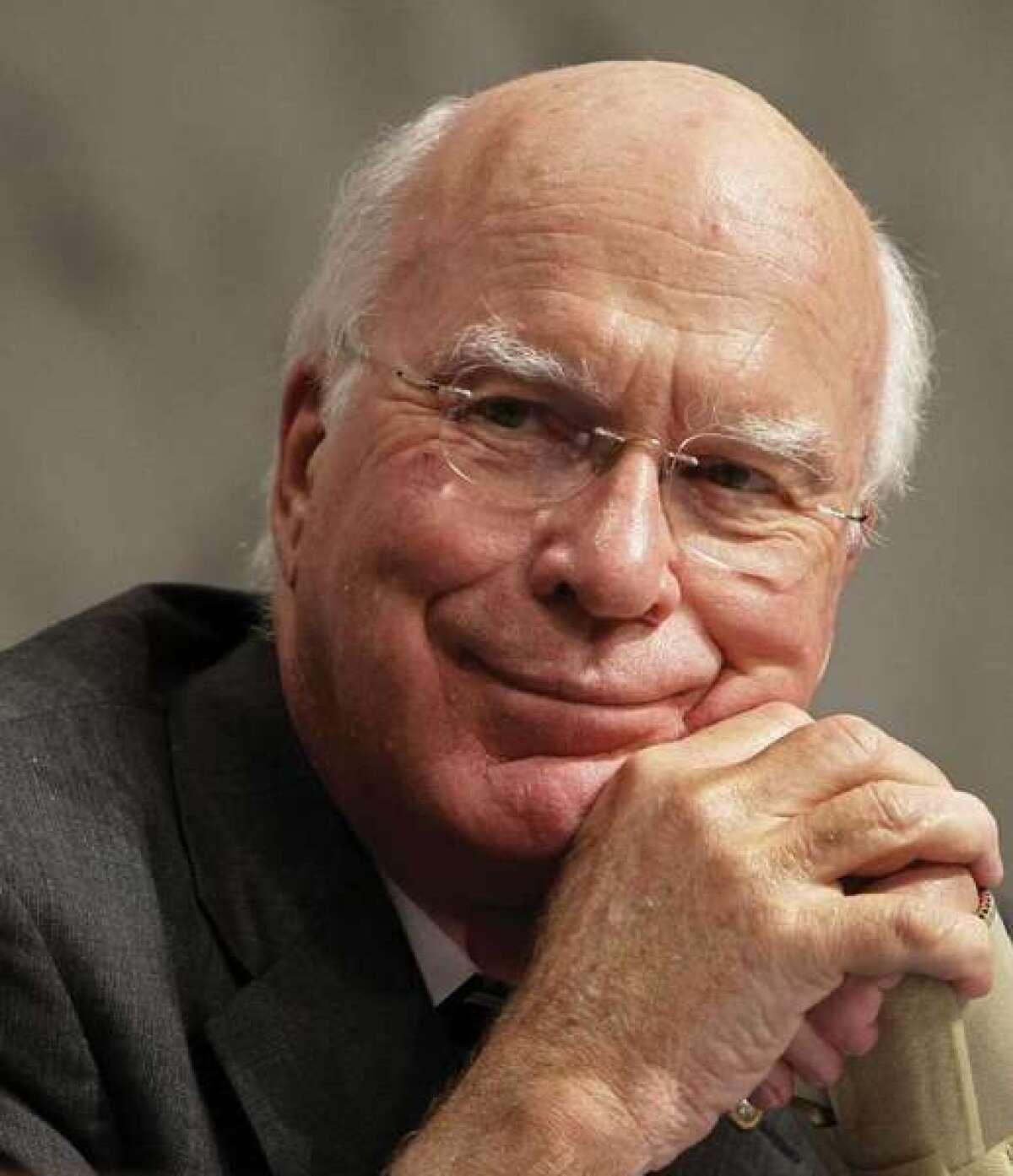Senate committee approves sweeping update to digital privacy law

- Share via
Digital privacy laws in the United States just got one step closer to the 21st century.
A Senate committee on Thursday backed privacy protections that would require the government to obtain a search warrant before gaining access to email and other electronic communications.
The 1986 Electronic Privacy Communications Act was written before the Web was born and long before Americans started sending, receiving and storing so much of their personal communications and documents on the Web. Sen. Patrick Leahy (D-Vt.), chairman of the Judiciary Committee and the law’s original author, is now trying to make sure that the government needs to prove probable cause before rummaging through it all.
Digital privacy found itself in the spotlight after CIA Director David Petraeus resigned over an extramarital affair with his biographer Paula Broadwell. Privacy watchdogs asked: If the director of the CIA cannot keep the FBI from secretly rifling through his private Gmail account, what digital privacy protections do ordinary citizens have?
Under the privacy provision that Leahy tucked into a bill, authorities would have to get a search warrant to obtain emails and other communications that are more than 180 days old. It would amend the 1986 law. Leahy said he was concerned about the growing intrusion into Americans’ private lives.
“Our privacy laws are woefully outdated given the rapid advance of technology. This vote today sets the stage for updating the law to reflect the reality of how people use technology in their daily lives,” Gregory T. Nojeim, director of the Center for Democracy & Technology’s project on freedom, security and technology, said in an emailed statement. “It keeps the government from turning cloud providers into a one-stop convenience store for government investigators.”
ALSO:
Petraeus case triggers concerns about Americans’ online privacy
Atty. Gen. Kamala Harris puts mobile apps on notice about privacy
Atty. Gen. Kamala Harris, tech giants agree on mobile app privacy
Follow me on Twitter @jguynn
More to Read
Sign up for Essential California
The most important California stories and recommendations in your inbox every morning.
You may occasionally receive promotional content from the Los Angeles Times.













